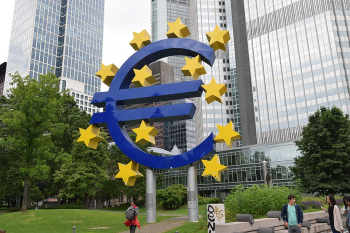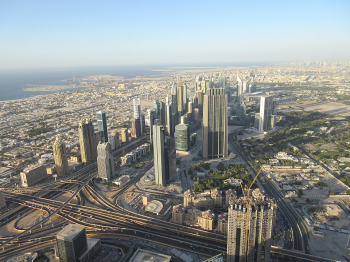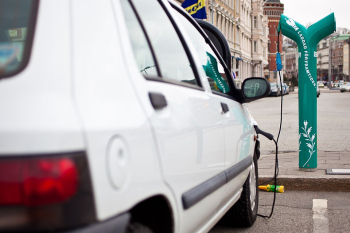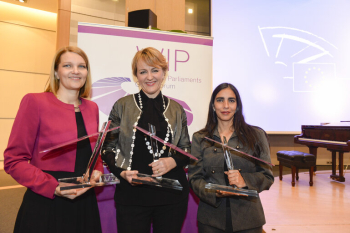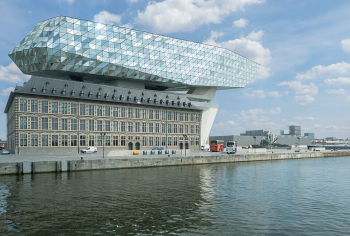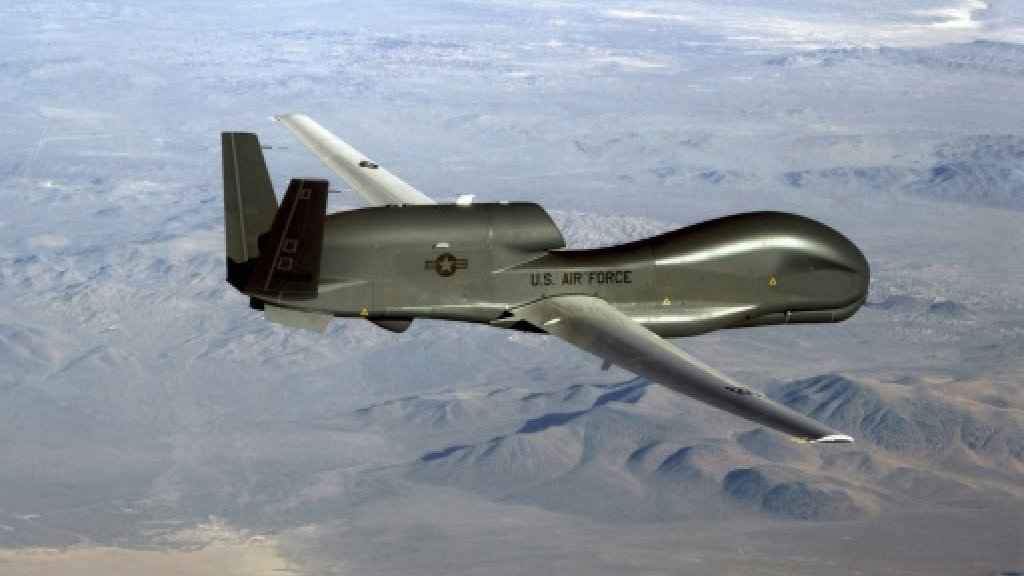
The US defence chief on Thursday pressed NATO allies to join Washington's efforts to squeeze Iran and ensure the safety of ships in the Gulf after a spate
of attacks. As US-Iranian tensions soar, Acting Secretary of Defense Mark Esper asked NATO countries to support Washington by publicly condemning Iran and to consider creating a maritime coalition to protect freedom of navigation through the strategic waterway.
Washington has ratcheted up crippling economic sanctions on Tehran after the Islamic republic's forces shot down a US drone in the Gulf region, following a series of attacks on tankers that Washington blames on Iran.
NATO defence ministers discussed the crisis in Brussels, where Esper said he sought to "internationalise" the Iran issue, after Secretary of State Mike Pompeo last week called for a "global coalition" to deal with Tehran.
Esper said he urged allies to "consider public statements condemning Iran's bad behaviour and making the point that we need to have freedom of navigation in the Strait of Hormuz".
He also pressed them to consider creating a coalition, saying they should "look at everything from broader maritime surveillance -- and that should include air surveillance -- all the way up to a pickup line of ships to help protect the international waterways and to include maybe even escorts".
Many European countries have been alarmed at the Trump administration's hawkish approach to Iran, fearing the US policy of "maximum pressure" is counterproductive and could lead to war.
The EU has sought desperately to save the 2015 Iran nuclear deal, which Trump withdrew from last year, with its three European signatories Britain, France and Germany leading the efforts.
Any NATO involvement in the Gulf would need unanimous support from all 29 member states, and given European uneasiness this would be extremely difficult to achieve.
A NATO diplomat said: "The alliance has been careful from the start to try to stay away from the different issues" linked to Iran.
"We would like to see more calm from the two actors but we really don?t want this to become a NATO issue."
Esper said that "most partners" in the meeting acknowledged the threat from Iran and "a few" had privately expressed interest in going further.afp

